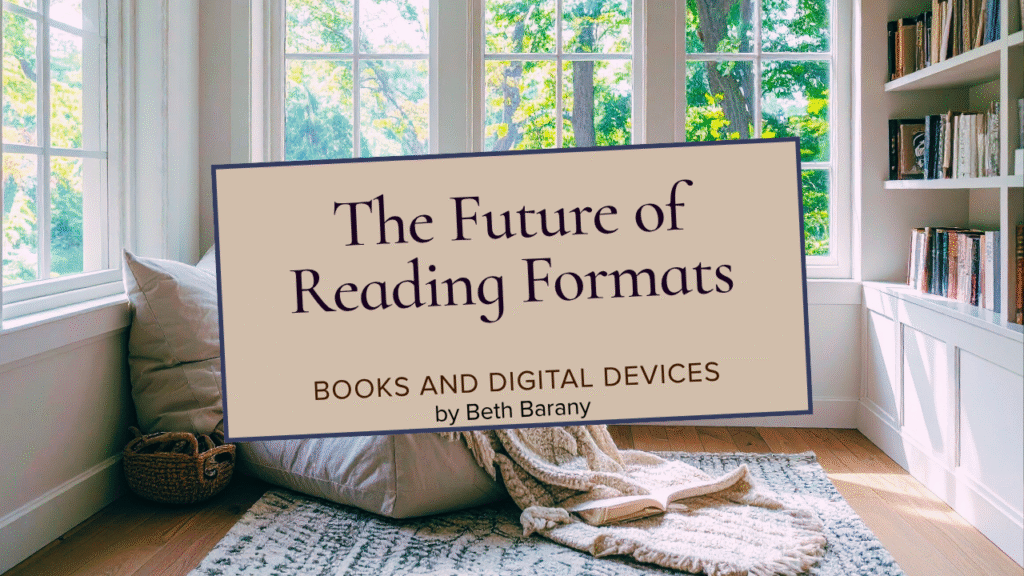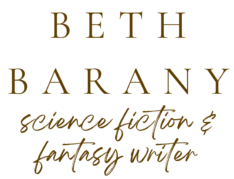
When Buying Isn’t Really Owning: What Amazon’s Digital Marketplace Really Means
I’ve been thinking a lot about ownership lately.
Not the warm, fuzzy kind where you hold a paperback in your hands, crack its spine (sorry, librarians!), and know it’s yours forever. I’m talking about the digital kind—the “add to cart” button that promises convenience but delivers something quite different.
Here’s the uncomfortable truth: when you buy an ebook, audiobook, or digital movie from Amazon, you’re not really buying it. You’re licensing it.
Let me explain what that means in practical terms.
The Fine Print Nobody Reads
Buried in Amazon’s terms of service—you know, that document we all scroll past and click “I agree” on—is a crucial detail: you don’t own the digital content you purchase. You’re granted a license to access it. Amazon retains the right to revoke that access.
Sound far-fetched? It’s happened before. In 2009, Amazon remotely deleted copies of George Orwell’s 1984 and Animal Farm from customers’ Kindles due to a licensing dispute. The irony of deleting 1984—a book about authoritarian control—wasn’t lost on anyone.
More recently, customers have lost access to purchased movies and TV shows when licensing agreements expire or content gets pulled from the platform.
What This Means for You
Think about your physical bookshelf. Those books are yours. You can:
- Lend them to friends
- Sell them at a garage sale
- Pass them down to your kids
- Keep them forever, regardless of what happens to the publisher
Now think about your digital library. With most digital purchases:
- You can’t permanently transfer them to someone else
- You can’t resell them
- You can’t leave them in your will (technically)
- They could disappear if Amazon changes its policies or loses licensing rights
Why This Model Exists
I’m not here to villainize Amazon. The licensing model exists for legitimate business reasons: digital rights management, preventing piracy, managing complex publishing agreements. Publishers and authors (yes, including me) benefit from systems that protect intellectual property.
But as a consumer, you deserve to understand what you’re actually getting when you click “buy now.”
What You Can Do
I’m not suggesting you abandon digital books entirely—I love the convenience as much as anyone. But here are some strategies for protecting your digital library:
- Diversify your sources: Don’t put all your digital eggs in one corporate basket. Consider purchasing from multiple platforms or directly from authors when possible.
- Support DRM-free options: Some publishers and authors offer DRM-free versions that you truly own. Look for these when available.
- Keep buying ebook or physical books: Especially for books you truly love and want to keep forever. Happily, physical copies can’t be remotely deleted.
- Read the terms of service: Okay, nobody actually does this. But at least be aware that licensing terms exist and can change.
- Back up when possible: For DRM-free content, maintain your own backups.
The Bigger Picture
This issue extends beyond books.
We’re living in an increasingly subscription-based world where we “rent” access rather than own things outright. Music, movies, software, even car features—everything is moving toward this model.
Is that necessarily bad? Not always. But it’s important to go into these transactions with open eyes.
When you buy an ebook or physical book from me, it’s yours. Period. When you buy my ebook through Amazon, you’re licensing access to it under Amazon’s terms. Both have value, but they’re fundamentally different transactions.
The digital age has brought us incredible convenience and access. I’m grateful for that. But let’s not confuse convenience with ownership. Understanding the difference helps us make informed choices about how we build our libraries—and what we’re really paying for.
As someone who creates the content you’re purchasing, I want you to know what you’re getting. Because knowledge, unlike that digital purchase, is something they truly can’t take away from you.
What are your thoughts on digital ownership? Have you experienced losing access to content you thought you owned? I’m genuinely curious about your experiences.


